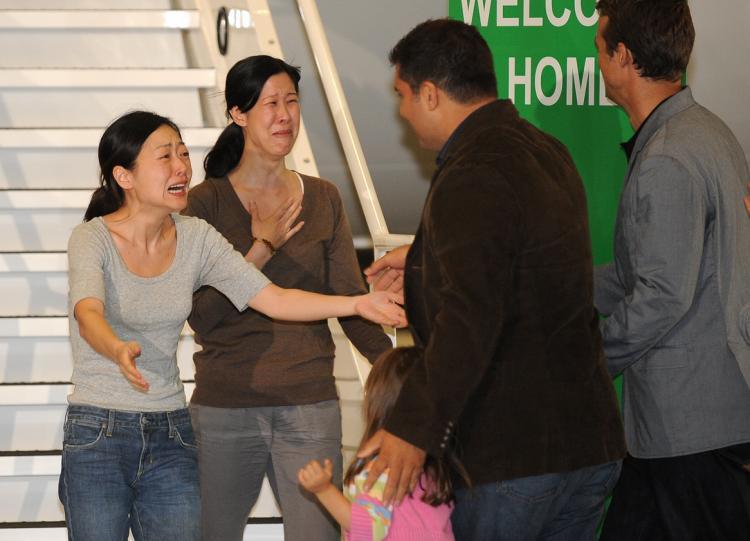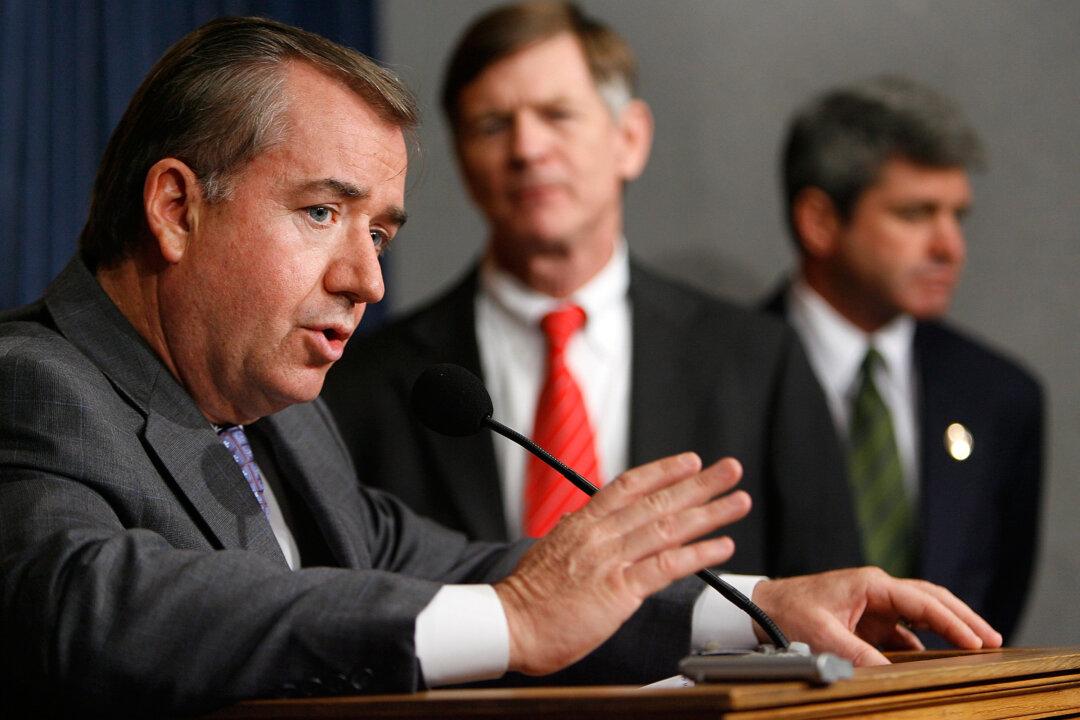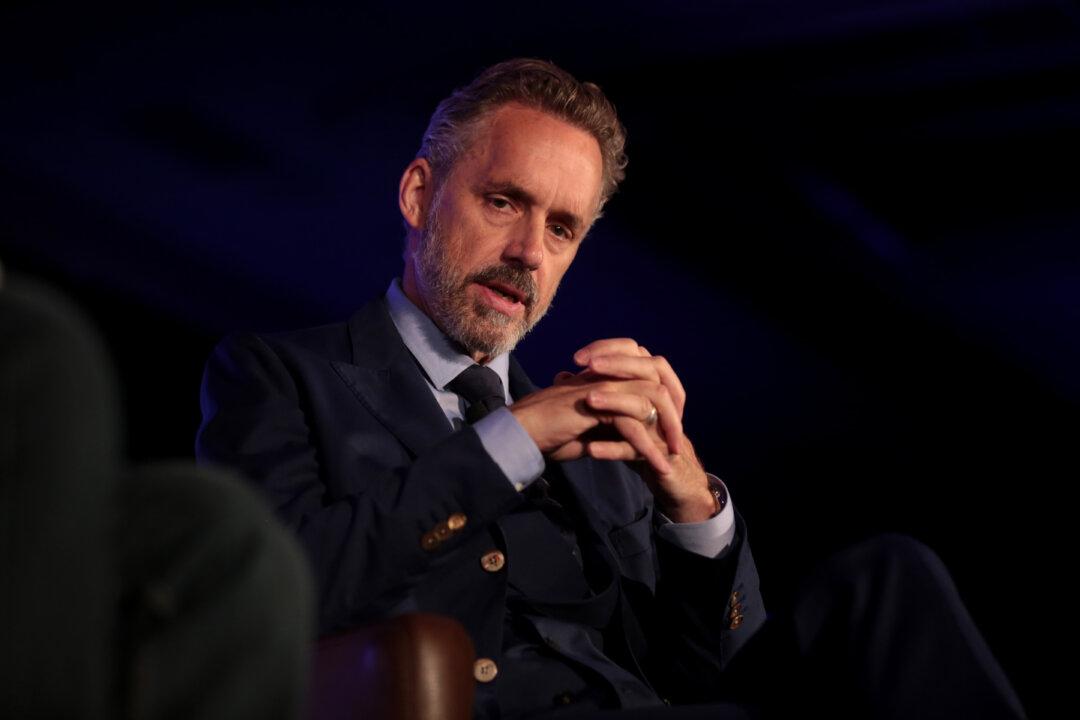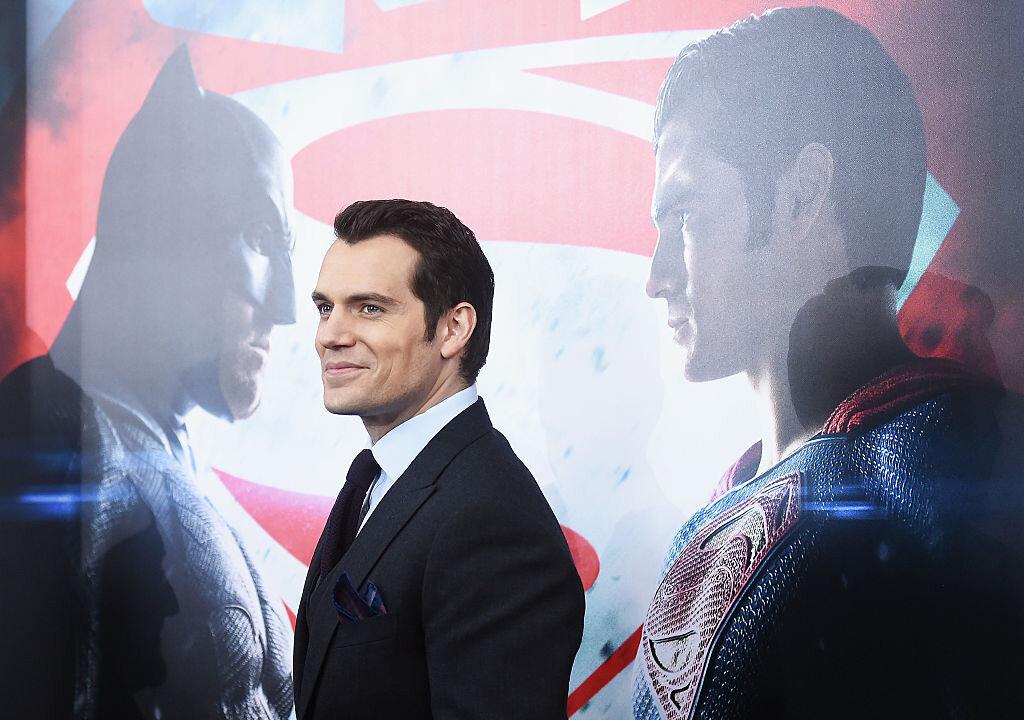LOS ANGELES—Ed Royce (CA-40) is a concerned U.S. congressional representative when issues relate to human rights and personal freedoms. So when journalists Laura Ling and Euna Lee were released from their imprisonment in North Korea, The Epoch Times called Congressman Royce Aug. 7 to get his thoughts on the incident and the important issues involved.
Royce has been very supportive of improving human rights in North Korea. In 2007 he co-authored a resolution “Calling on China to Respect the Human Rights of Refugees from North Korea,” that urged China to stop returning defected North Koreans that would face death or harsh retribution upon their repatriation to North Korea.
Royce gives his responses and comments below to questions posed by The Epoch Times.
Epoch Times (ET): Can you share your thoughts about the two journalists and your involvement in helping secure their release?
Ed Royce (ER): We have two journalists here, who took enormous personal risks in order to try to tell the world about the worst human rights abuses going on inside the planet today. And in the process, they themselves were captured by North Korea and faced the same horrors. They were trying to expose human rights abuses, and as a result of that faced the same abuse… 12 years of hard labor in a work camp.
I have interviewed individuals in the past who have lived through that experience in work camps. I knew what the conditions were. I knew how horrible and life threatening those experiences would be. We had a case, an individual from Illinois who was captured and he was never returned and he perished in the prison of North Korea. We never even got his bones back, despite the fact that the delegation in Illinois worked for years on this project. So my concern was to try to move quickly on a humanitarian mission, and the fact that Laura Ling and Euna Lee stayed so clear headed throughout this ordeal was a great help.





